11 Programming Languages to Learn to Open Doors

Learning programming languages can open doors to new opportunities. But with so many languages out there, it’s imperative to pick the appropriate ones to best suit your career, personal goals and interests. Computer programming languages are essential to know if you have an interest in the various careers available in development, programming, ethical hacking, analysis, and engineering, among others like DevOps.
In this guide, we explore the various facets that set programming languages apart, the reasons to learn each one, the languages best suited for different career paths and an exhaustive programming languages list.
- 0 Comments
- Aug 23, 2019 10:00:00 AM
- Posted by Natalia Galvis
- Topics: STEM, steam, STEMchat, Edchat
7 Benefits of STEM Education
STEM education in the U.S. is increasing in popularity—more schools are implementing STEM learning into their curriculum and making it an integral part of what they teach. In this article, we will discuss the 7 benefits of STEM education
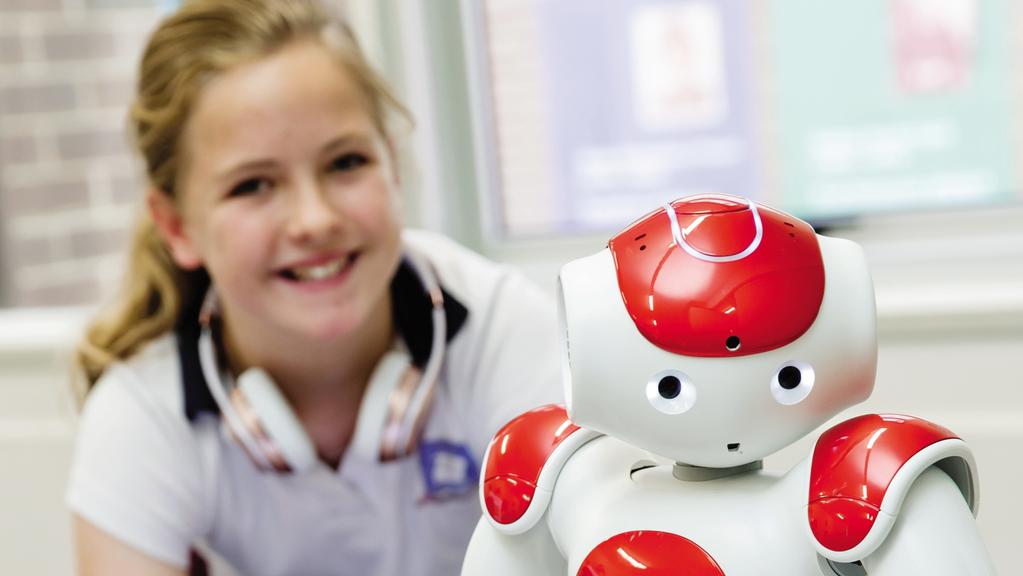
- 0 Comments
- Aug 22, 2019 10:00:00 AM
- Posted by Natalia Galvis
- Topics: STEM, steam, STEMchat, Edchat
Fostering STEAM learning to better engage students

The drive to focus curricula on STEM – science, technology, engineering and mathematics – is understandable in a world where the highest-paying jobs will require scientific and technological skills. However, many educators feel that something is missing: if we concentrate exclusively on STEM subjects, we risk forgetting the human side of science.
- 0 Comments
- Aug 21, 2019 10:01:00 AM
- Posted by Natalia Galvis
- Topics: STEM, steam, STEMchat, Edchat
7 Ingenious Ways to Use Edtech in the Classroom

Edtech makes teaching a breeze, right? Um…maybe not. Edtech remains an untapped resource in many classrooms. We are here to help teachers climb the edtech learning curve.
These inventive methods of using edtech tools in the classroom will breathe new life into teaching Common Core Standards. Edtech enhances classroom learning. Students engage the projects and assimilate targeted information and skills without resistance.
- 0 Comments
- Aug 20, 2019 10:09:00 AM
- Posted by Natalia Galvis
- Topics: EdTech, STEM, 21st Century Classroom, Technology, STEMchat, Edchat
Create a Makerspace for Your School in 5 Easy Steps
If you’re ready to foster your students’ curiosity by creating a makerspace on a budget, we’ve got you covered!
Learning should remain authentically connected to the real world, and the Maker Movement exemplifies that while encouraging creativity, collaboration, and critical thinking. Progressive New York City educator Angelo Patri said, “The substitution of direct experiences for indirect ones leads nowhere.”
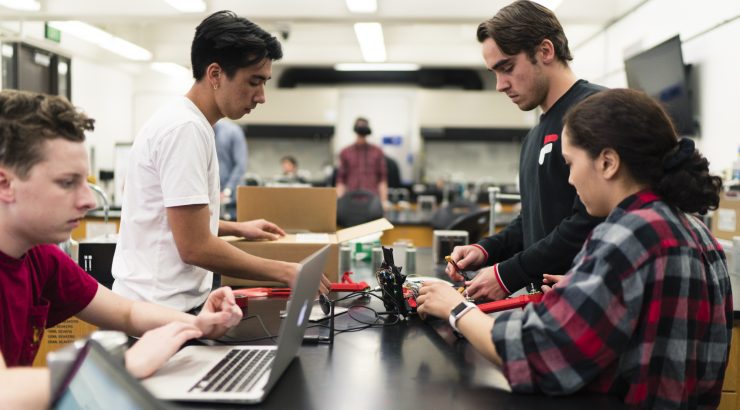
- 0 Comments
- Aug 19, 2019 10:00:00 AM
- Posted by Natalia Galvis
- Topics: EdTech, STEM, 21st Century Classroom, Makerspace, STEMchat, Edchat
5 Ways to Get Girls into STEM
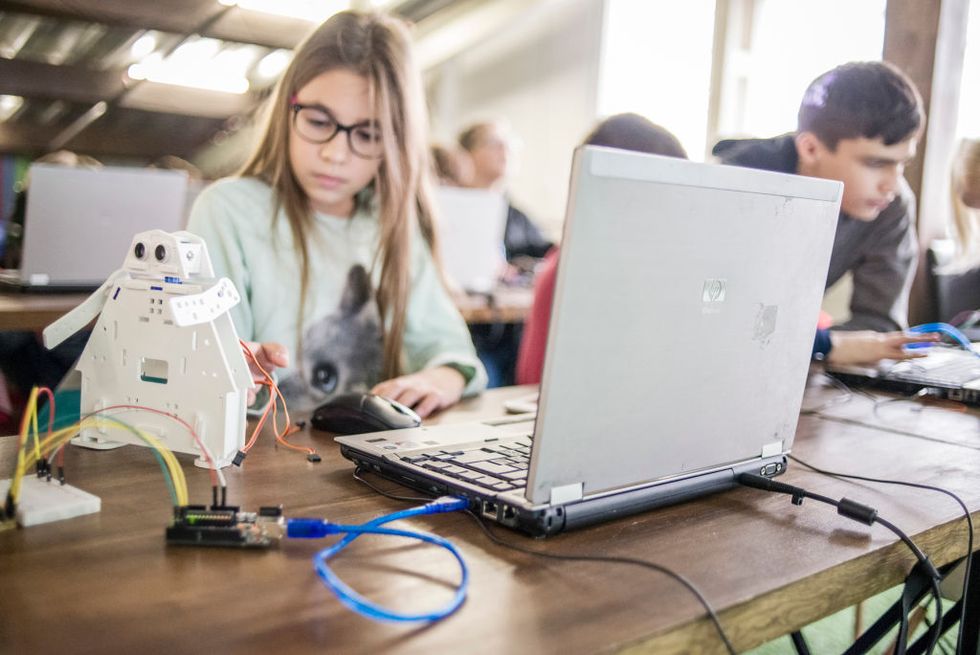
As a society, we learn about the world and advance our well being through science and engineering. The United States may be known around the world for its higher education, but compared to many other leading and steadily emerging countries, we lack a strong focus on educating scientists and engineers. One significant reason that we have fallen behind is that we do not encourage our female students to pursue career paths in Science, Technology, Engineering and Math (STEM).
- 0 Comments
- Aug 16, 2019 11:00:00 AM
- Posted by Natalia Galvis
- Topics: EdTech, STEM, STEMchat, WomeninSTEM, Edchat, girlsinSTEM
We Can’t Predict the Jobs of the Future, But We Know What STEM Skills Matter
What do a drone operator, genetic counselor, and data miner all have in common? None of these jobs existed five years ago, and all of them will likely transform again in the next five years. The crystal ball for career planning is decidedly less certain than it was in the past. By some estimates, 85% of the jobs that will exist in 2030 haven’t even been invented yet, and there are number of STEM skills that will help students be successful.
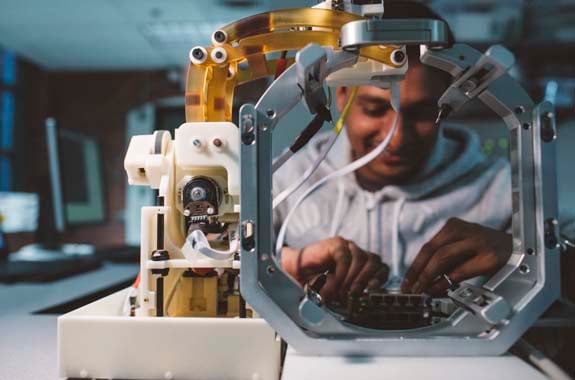
- 0 Comments
- Aug 15, 2019 10:30:00 AM
4 benefits of 3D printing for schools
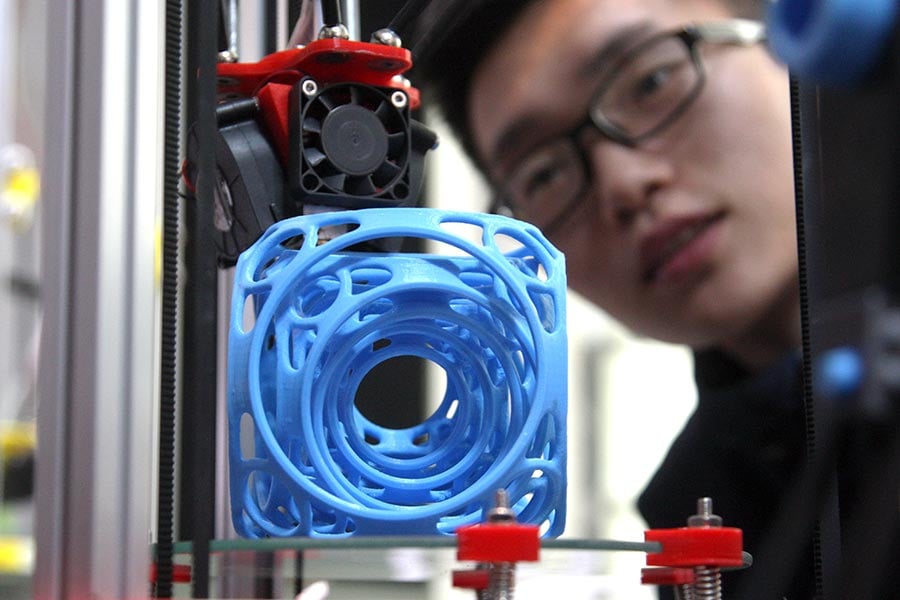
With the growing importance of science, technology, engineering, and mathematics (STEM) subjects, 3D printing has taken on greater interest in schools across the world.
So what benefits can this technology offer schools in the new year?
- 0 Comments
- Aug 14, 2019 10:00:00 AM
- Posted by Natalia Galvis
- Topics: EdTech, STEM, Makerspace, STEMchat, Edchat, 3D-Printer
Computational Thinking Across the Curriculum
As defined by Jeannette Wing, computational thinking is “a way of solving problems, designing systems, and understanding human behavior by drawing on the concepts of computer science.” To the students at my school, it’s an approach to tackling challenging questions and ambiguous puzzles. We explicitly integrate computational thinking into all of our classes, allowing students to draw parallels between what they’re learning and how they’re approaching problems across all disciplines.
Our students rely on four computational thinking skills, as well as a set of essential attitudes.

- 0 Comments
- Aug 13, 2019 10:00:00 AM
- Posted by Natalia Galvis
- Topics: EdTech, STEM, STEMchat, Edchat, Computational thinking
Closing the STEM Gender Gap in K-12 Education: How Teachers Can Help
It is, unfortunately, no surprise that the gender gap in science, technology, engineering and math (STEM) still exists – from primary school right up through STEM-related careers. Recent reports call attention, once again, to the statistics: women earn disproportionately fewer STEM undergraduate degrees; women hold nearly 50% of all jobs in the US, but less than 25% of the STEM jobs; women with STEM degrees are more likely to work in education or healthcare than their male counterparts.

- 0 Comments
- Aug 9, 2019 11:56:04 AM
- Posted by Natalia Galvis
- Topics: EdTech, STEM, STEMchat, WomeninSTEM, Edchat, Gendergap
Relevant Posts
Popular Posts
Subscribe to Email Updates
-
I Want To Learn MoreADDITIONAL INFORMATION


